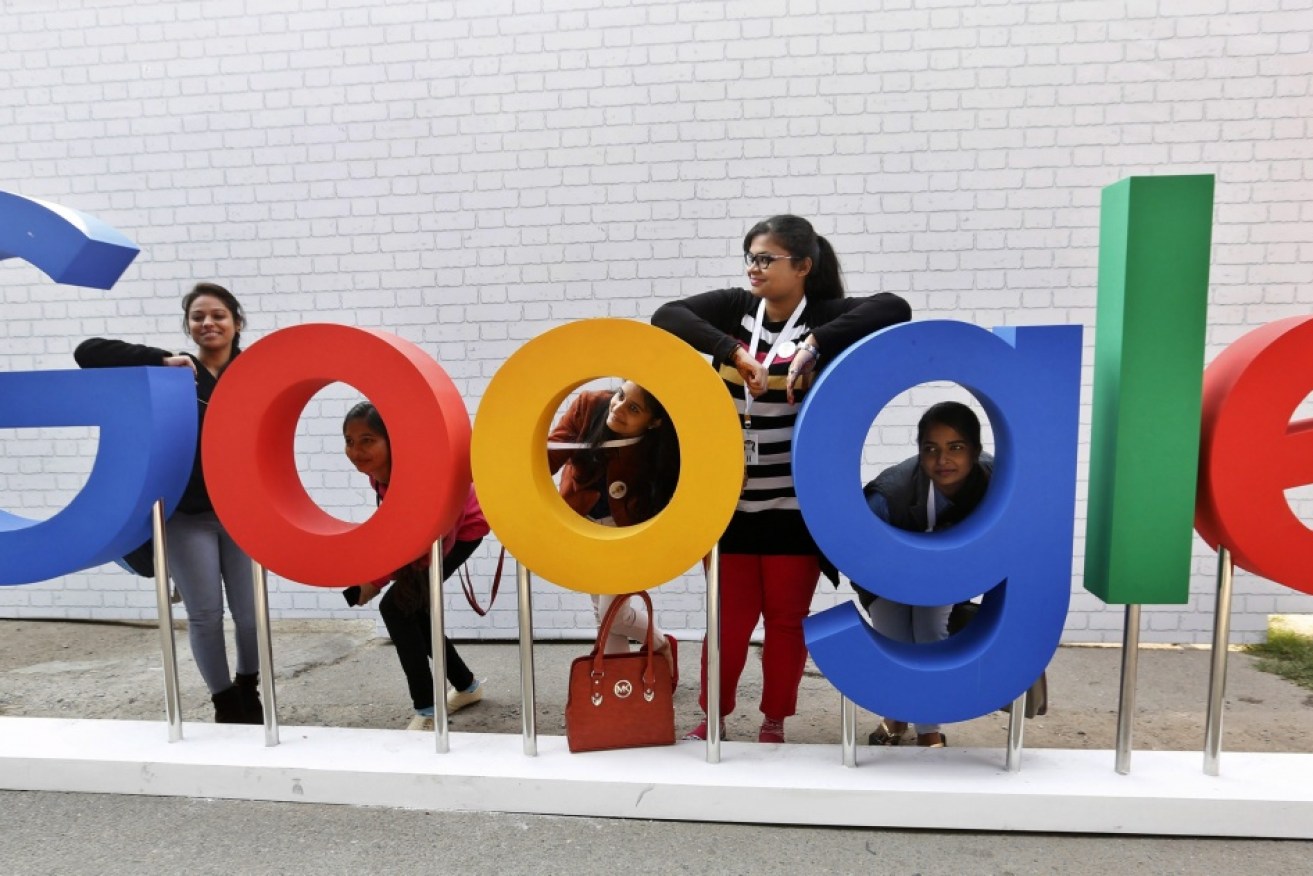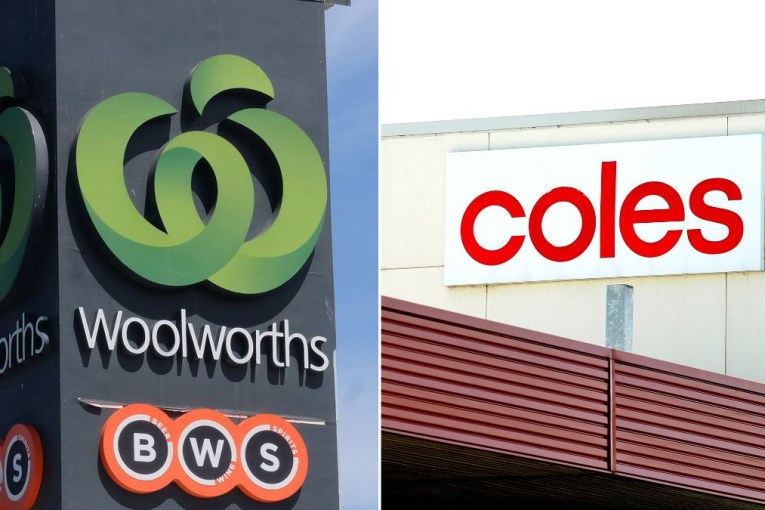Google the world’s largest company, thanks to you


Google’s parent company Alphabet just overtook Apple as the biggest company in the world thanks to our addiction for searching for things on the internet.
And it might have made some money out of you on your way to this story.
The tech behemoth, started by Stanford University buddies Sergey Brin and Larry Page in a garage near San Francisco back in 1998, has tentacles reaching right into the phones, offices and homes of billions of internet users.
• Apple is no longer the world’s richest company
• Apple recall to affect thousands
• Google gives up on Glass
It does this so effectively it has now eclipsed Apple as the world’s most valuable business with a stock market capitalisation of $748 billion, versus $742 billion for the iPhone maker (although these numbers are fluctuating daily).
Google, or more properly Alphabet, has seen its shares rise 46 per cent in a year.
The secret to Google’s success is its ability to insinuate itself into our lives in ways that make it vital to how we live, work, play and relate to one another.
And it’s not only a search engine. It’s also maps, YouTube videos, ads on websites, apps, self-driving cars, underground internet cables, internet balloons, cloud services, mobile phones, glucose monitoring contact lenses and eternal life. Yep, it’s even trying to solve the problem of death.
Google’s money tree
The most basic money spinner in the Google toolbox, however, is called search engine marketing. Every time you search for something on Google or check your Gmail, you are making Google some money. With more than 3.5 billion searches per day and more than a billion Gmail users, you can see why Google is so wealthy.
It works like this.
Say you have an insurance company and you want to put your name before the eyes of Google searchers in your neck of the woods. You go into an auction for the key words that will catch people’s attention. You could, say, bid for the rights to the words home insurance for a month.
Google will sell you a word
If you win the auction, every time someone types in home insurance on a Google search your company is likely to show up on the paid content opposite the genuinely ranked search results.
There are three pricing levels for such auctions:
1. Representative: which will place your business name in 30 to 40 per cent of searches
2. Competitive: between 40 and 60 per cent
3. Dominant: between 60 and 100 per cent

Google wants to sell you words. Photo: Getty
Depending on how in-demand your chosen words are and what geographic footprint you want, you can pay up to $1 million or more for a month of search engine positioning.
Alternately, you could pay as little as $1000 a month if you are a small business wanting limited coverage with wording not in demand, says Ed Brice, planning director with advertising agency OMG Creative.
There is a whole Google empire that works on this principle and creates the invisible moneymaking web. Google can see where you’ve been on the web and knows your interests.
That enables them to sell advertisers the ability to target their ads to particular demographics, like women who favour high-fashion shoes or blokes who buy fishing gear.
YouTube is in the Google stable
These ads can spring up all over the place like YouTube, which is also a Google company. Two people might look at the same YouTube clip and see different pre-roll or pop-up ads depending on their profile.
Google Maps is another part of the the money machine with different destinations and businesses showing up for users searching for the same location depending on their web history.

YouTube is also a Google company. Photo: Getty
There are now over one billion people with Gmail accounts and this allows Google to track you wherever you are.
If you have a Gmail account, the minute you use it Google recognises your IP address and will send you tailored advertising.
Take this one step further and you have Google Ad Network.
This, says Mr Brice, consists of “millions of websites registered with Google to be monetised”.
“Businesses pay a fee to join and can tell Google ‘I want to talk to this particular audience’,” he says.
The whole system rests on the Google experience being highly attractive and useful for users.
“It has to make your life easier,” Mr Brice says.
To that end, Google spends big on making sure it delivers a seamless experience for you, and makes money seamlessly for its shareholders.










